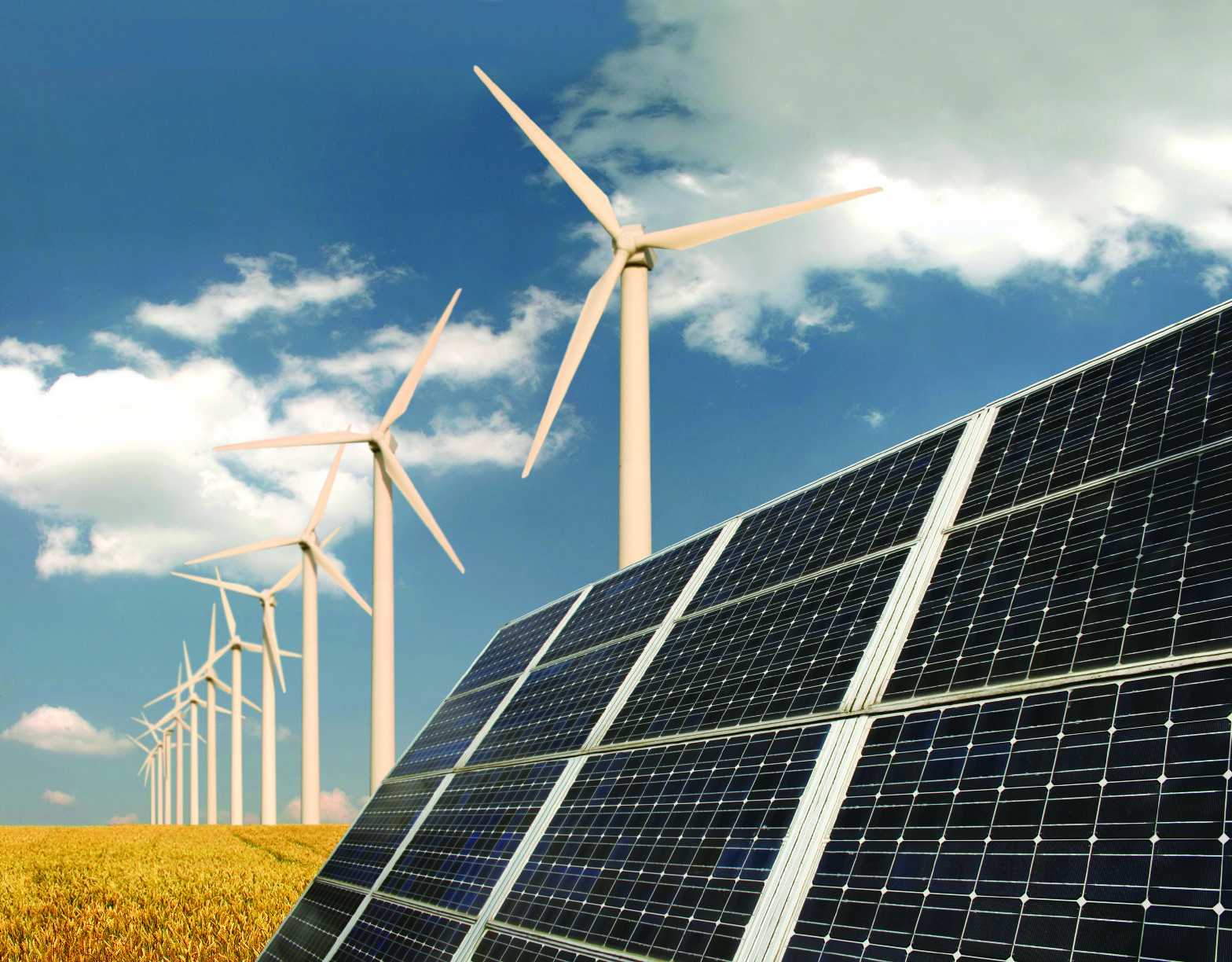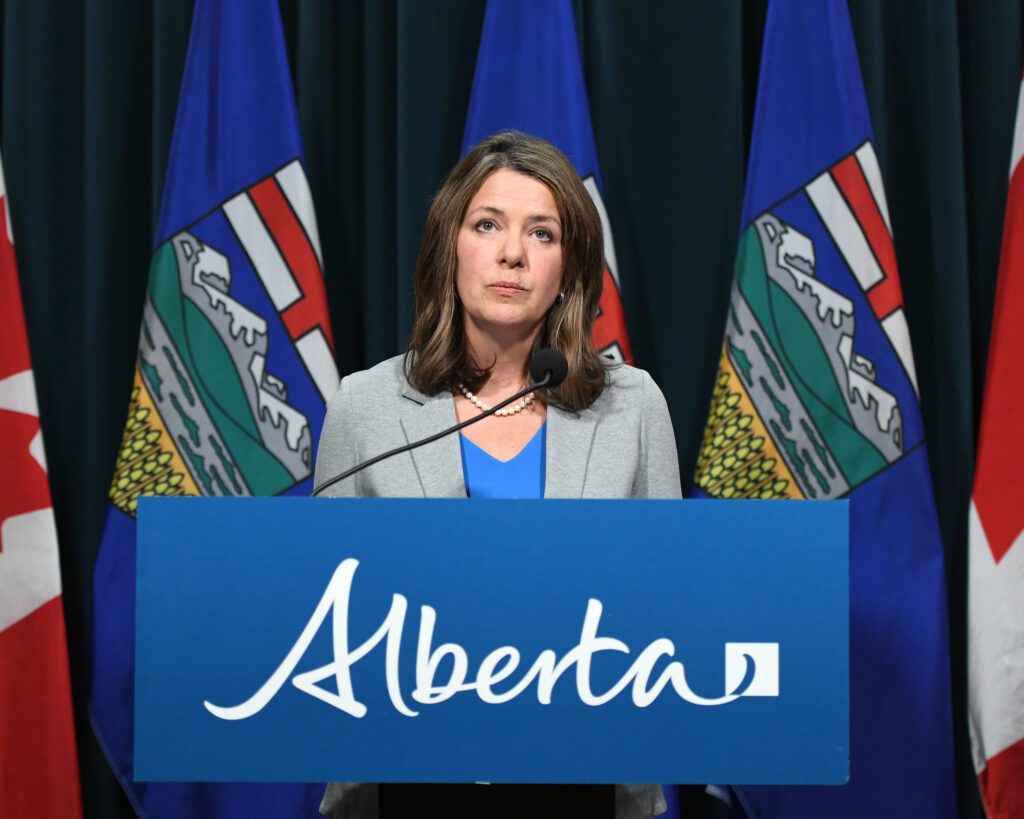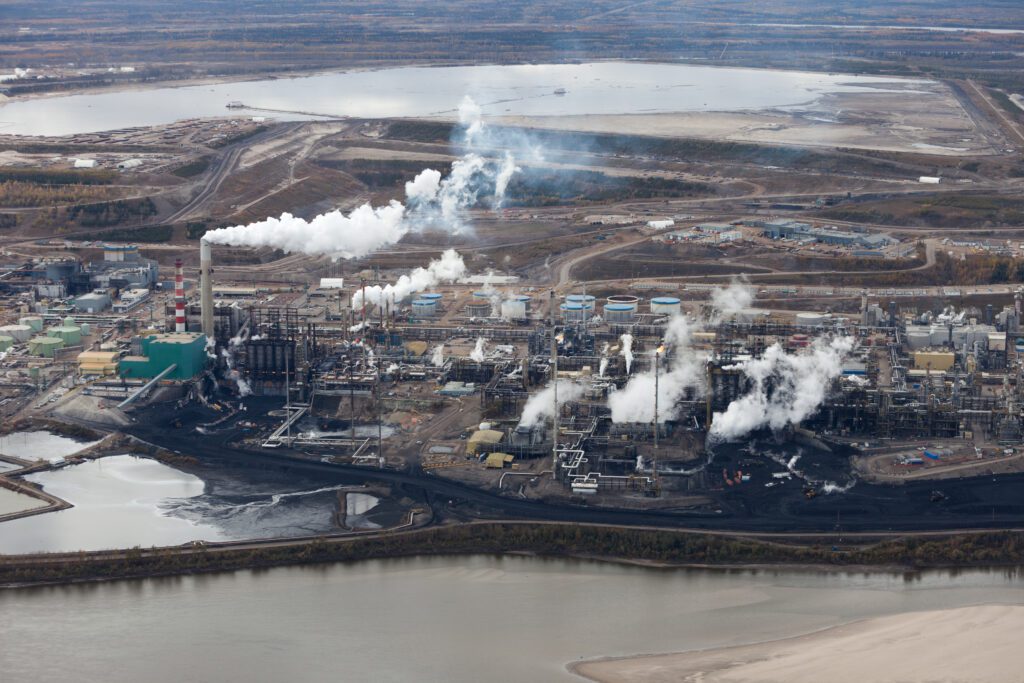All Eyes on Dubai: Expectations for Canada
With COP28 around the corner, our team at Environmental Defence is hard at work preparing for a busy two weeks at the UN climate talks. But we wanted to take a moment to lay out our expectations, both for what COP28 must deliver as well as the Government of Canada. (If you missed our explainer on what COP28 is, check that out here.)
COP28 must deliver on energy and equity, and the Government of Canada must do its part:
- The litmus test for whether COP28 is successful or not will be whether countries agree to a plan for an equitable phase out fossil oil and gas production. Fossil fuels are causing the climate crisis. Over 90 per cent of carbon emissions are from fossil fuels. Despite calls from over 80 countries at COP27, the final decision text did not include a phase out of all fossil fuels. Since then, momentum for a fossil fuel phaseout has continued growing. At COP27, the Government of Canada failed to champion calls for a fossil fuel phaseout. Canadians expect more from their government this year. COP28 must succeed where previous negotiations have failed.
- Course correction: 2023 is ‘Global Stocktake’ year. That means countries will be undertaking the first official assessment of their progress on meeting the goals of the Paris Agreement since it was signed in 2015. We know that while some important progress has been made, the world is still headed towards frightening levels of global heating. COP28 offers an opportunity for dramatic course-correction.
- Pay what we owe: Canada has an opportunity and responsibility to be our best selves – by paying what we owe in climate damages and debt. We’ve lived a comfortable life by pulling fossil fuels out of the ground, and we’ve created a lot of pollution along the way. That’s impacted other nations. It’s time to make it right.
A key success of COP27 was the establishment of a new fund to compensate countries for the loss and damages caused by climate disaster. Countries in the Global South are disproportionately experiencing climate-related impacts that cannot be avoided or adapted to, for example the loss of lives, livelihoods and species, the damage to vital infrastructure that needs to be repaired after climate disasters, the costs of unavoidable relocation. COP28 must deliver on a fully operational and capitalized fund.
- Kick Big Polluters Out: The fossil fuel industry has sabotaged efforts to take action for decades. This includes promoting dangerous distractions, such as carbon capture, which has much more to do with justifying new fossil fuel infrastructure than effectively reducing emissions. Just as tobacco companies are not allowed to influence health policy and arms dealers are kept out of peace talks, fossil fuel lobbyists should not be allowed at climate negotiations.
- Concrete action to limit pollution from the oil and gas sector: At COP26, Prime Minister Justin Trudeau promised to “cap oil and gas sector emissions today, and ensure they decrease tomorrow at a pace and scale needed to reach net-zero by 2050.” The oil and gas lobby has successfully delayed the release of the draft rules, which the government had promised to do last spring. Canada cannot meet its climate commitments without forcing the oil and gas industry – responsible for nearly 30 per cent of greenhouse gas pollution – to reduce their emissions at par with the rest of the economy. The government must release its plan and target ahead of or at COP28.
- Advance a just transition: At COP27, governments agreed to create a Just Transition Work Program (JTWP) to follow up on their commitment to address the socio-economic impacts of the transition away from fossil fuels. At COP28, Canada must ensure the JTWP is a forum to work out practical solutions, not just a talk shop, and must be based on respect for labour, Indigenous, gender, and human rights. That should be matched with actions at home to improve the proposed Sustainable Jobs Act and to develop a plan to address the decommissioning and clean up of fossil fuel infrastructure in anticipation of declining production.
Canada has an important role to play
Canada is a wealthy country with relatively low dependence on our oil and gas sector. We are well positioned to be leaders in the global energy transition. Yet, our country continues to be one of the largest contributors to the climate crisis. For example, we are still not doing as much as our peers in terms of reducing greenhouse gas pollution. Even worse, oil and gas companies operating in Canada have huge plans to expand the production of fossil fuels – and governments in Canada are letting them do it.
When COP28 ends, the Canadian public will want to know: did Canada’s contribution help ensure a safe future – or did Canadian politicians add to the delay on climate action?
Why we’re headed to COP28
The attendance of Environmental Defence and other members of civil society at COP28 is critical. We need to be there with our eyes on the ground in order to hold the government accountable to the commitments it makes to people back in Canada. We need to make sure that at every opportunity, we’re pushing for bolder and faster climate action that supports communities across Canada and around the world.
And we’ll make sure we’re keeping you updated on everything that happens at COP28.







